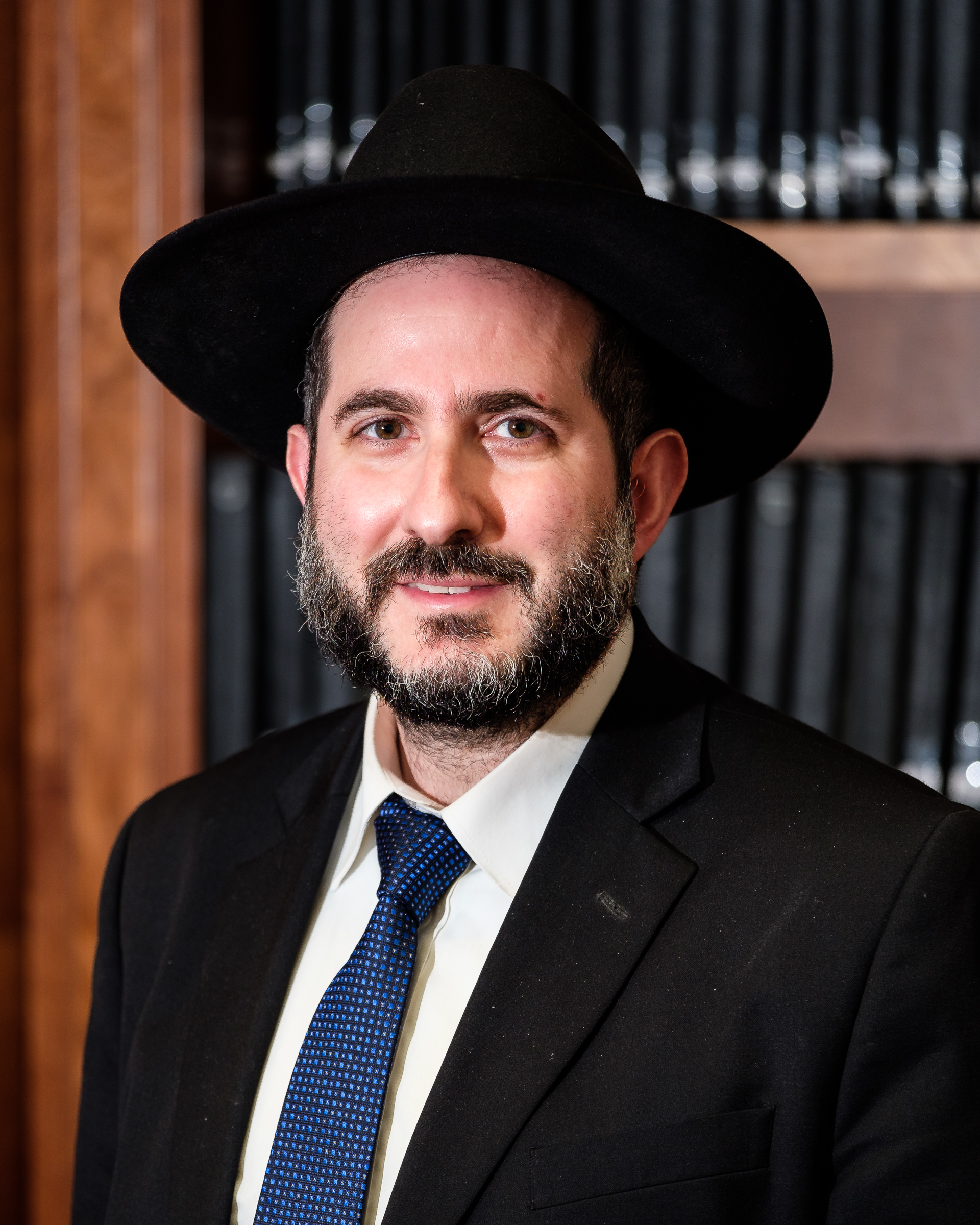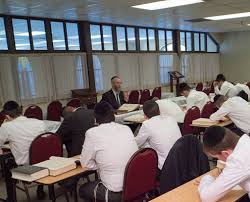Appreciation, Gratitude, and Teachable Moments

After dinner last week, my wife Arleeta suggested that we have a cup of tea. Out came the tea chest filled with every imaginable tea choice. I’m not a tea connoisseur; for me traditional black (orange pekoe) tea is almost always my choice. As I removed the tea bag from my cup, I had a flashback to my grandparents’ table. When I was a child, it was unheard of to use a tea bag only once! My grandma would always give my grandpa the first cup, then she used the tea bag for her cup, then the third cup went to the next-oldest uncle or aunt – and if you were next in line, you got the fourth cup. In my own home, my mom only stretched three cups out of one bag! In those days, tea meant two choices: Lipton or Swee-Touch-Nee.
Read More:Appreciation, Gratitude, and Teachable Moments

















